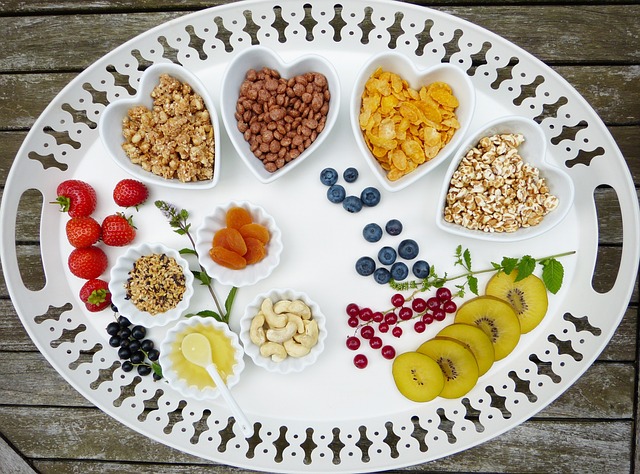Gut Health and Probiotics: The Surprising Connection Between Your Digestive System and Overall Well-being
The human digestive system is a complex network of organs and biological processes that help our bodies absorb nutrients and remove waste. However, many people are unaware of the link between gut health and overall well-being. The health of your digestive system can actually have a significant impact on your physical and even mental health. This is where probiotics come in.
What Are Probiotics?
Probiotics are live bacteria and yeasts that are good for your health, especially your digestive system. You might think of bacteria as a bad thing. However, your body is full of bacteria, both good and bad. Probiotics are the type of good bacteria that are essential for maintaining a healthy gut.
There are numerous types of probiotics, but the most common strains are:
- Lactobacillus: found in yogurt and other fermented foods
- Bifidobacterium: found in some dairy products
- Saccharomyces boulardii: a yeast found in probiotic supplements
What Do Probiotics Do?
Probiotics help to balance the good and bad bacteria in your gut. When your body has an imbalance of bacteria, it can lead to a host of problems, including digestive issues such as bloating, gas, diarrhea, and constipation. A healthy ratio of bacteria in your gut can also improve your immune system, reduce inflammation, and even improve mental health.
A study conducted at UCLA found that women who regularly consumed probiotics had a visible decrease in activity in the part of the brain involved in emotion processing in response to negative stimuli. This supports the idea that probiotics can improve mental health and reduce symptoms of anxiety and depression.
How Do I Get Probiotics?
Probiotics can be found naturally in fermented foods like yogurt, kefir, sauerkraut, kimchi, and tempeh. However, not all fermented foods contain live probiotic cultures, so it’s essential to read labels carefully.
If you don’t eat fermented foods regularly, you can also take probiotic supplements. These supplements come in various forms, including capsules, powders, and liquid drops. It’s important to choose a high-quality probiotic supplement with specific strains of bacteria that target your specific health concerns, such as irritable bowel syndrome (IBS) or eczema.
What Else Can I Do to Improve My Gut Health?
In addition to eating fermented foods and taking probiotic supplements, there are several other steps you can take to improve your gut health. These include:
- Eating a healthy, fiber-rich diet
- Drinking plenty of water
- Reducing stress through meditation, yoga, or exercise
- Limiting your consumption of processed and high-fat foods
- Getting plenty of sleep
The Bottom Line
Gut health and probiotics are more important than you might think. Your digestive system plays a crucial role in your overall physical and mental health, so it’s essential to take steps to keep it healthy. Eating fermented foods, taking probiotic supplements, and making other lifestyle changes can significantly improve your gut health, boost your immune system, and promote overall well-being.







